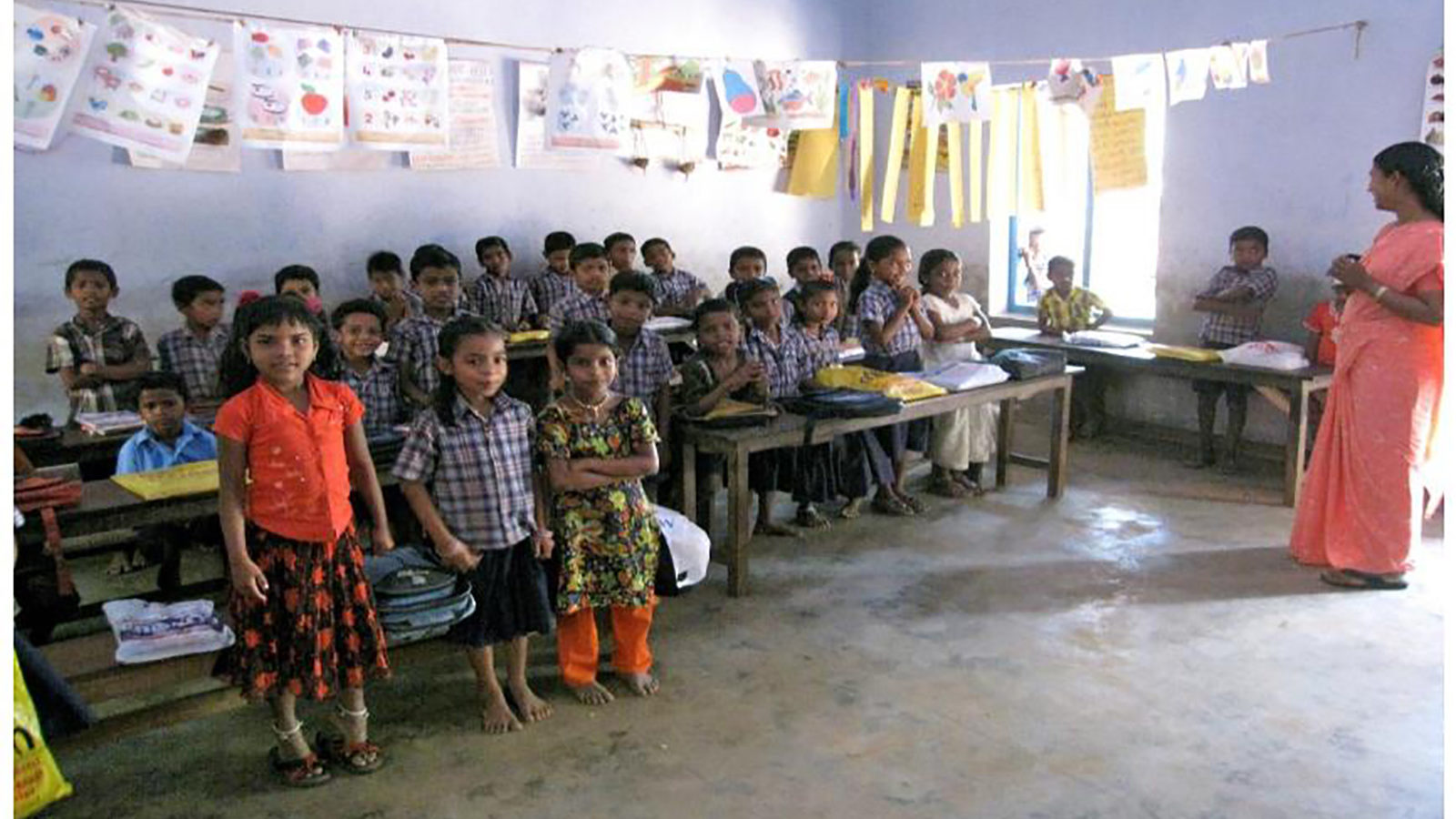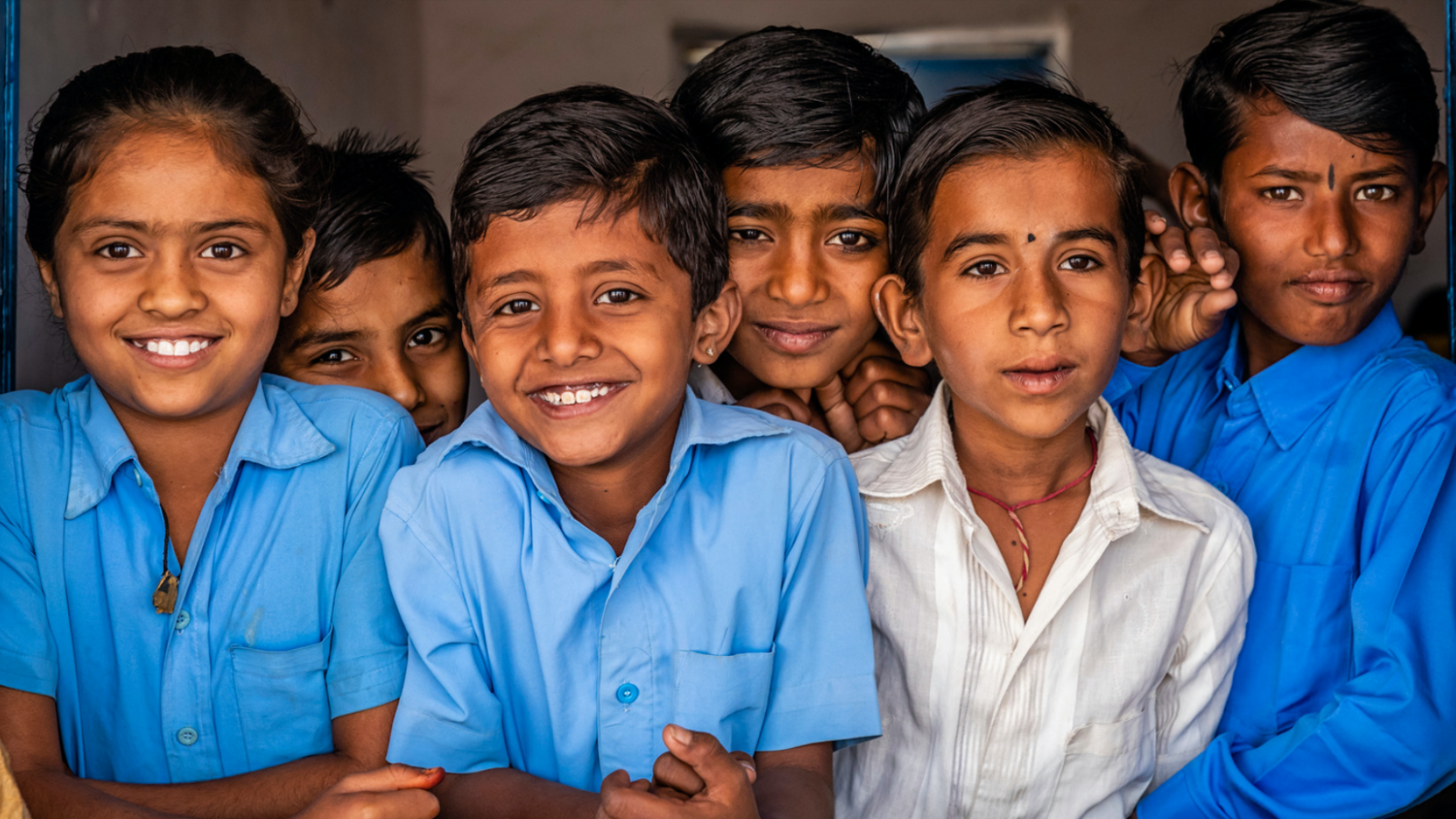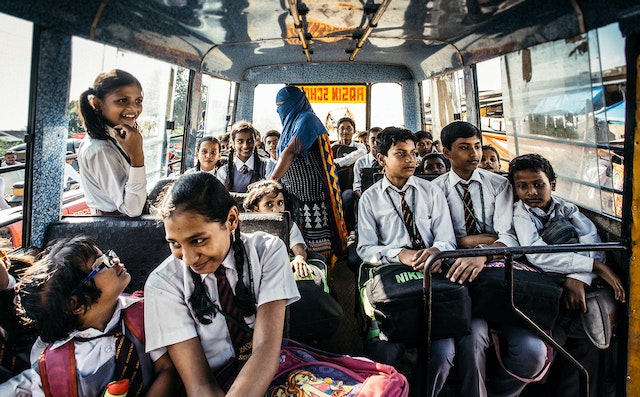
Regulation of Private Schools in India
Proposing a roadmap for state-level model private school regulation
Summary: This report recommends a comprehensive State-level law for private schools that facilitates opening new schools, grants reasonable autonomy in management, establishes learning standards, creates accountability and empowers parents and communities.
The last decade has witnessed growth in both the number of private schools in India and the proportion of children enrolled in them. The proportion of private schools rose from 19.49% in 2007-08 to 22.74% in 2014-15. Around the same period, the share of enrolment of children between the ages of 6-14 in private schools rose from 19.3% to 30.8%.
The regulation of private schools in India remains an understudied topic, with little literature on the theory and practice of regulation, or on comparisons of different regulatory policies. The Right to Education Act, 2009, lays down norms and standards for private schools, including infrastructure norms, minimum teacher qualifications, pupil-teacher ratios and curricular standards. However, some aspects of private school operations continue to be governed almost exclusively by State laws, such as fee fixation and inspection of schools. Others are now governed by a combination of the RTE Act and State laws, such as recognition, hiring of staff and curriculum.
In this report, Vidhi has examined the existing regulatory framework for private schools in India, with a view to identifying common challenges and areas in need of reform. We have studied regulations for private schools in five States and proposed a normative framework for evaluating them. Based on the conclusions drawn from the evaluation, as well as existing international, constitutional and national legal obligations on private schools, we propose a roadmap for drafting State-level model regulations for private schools.




